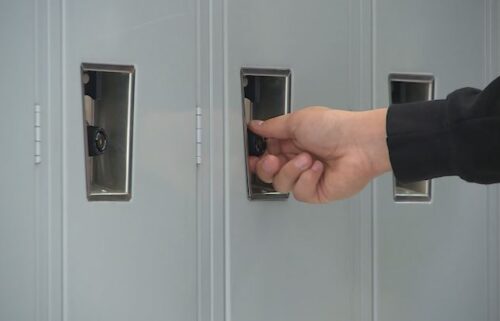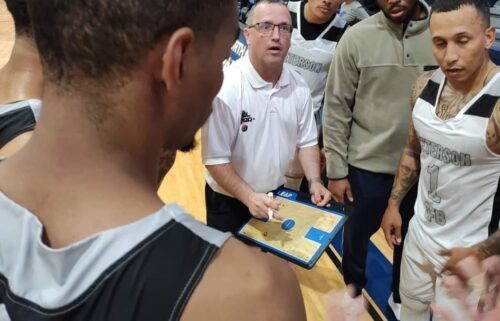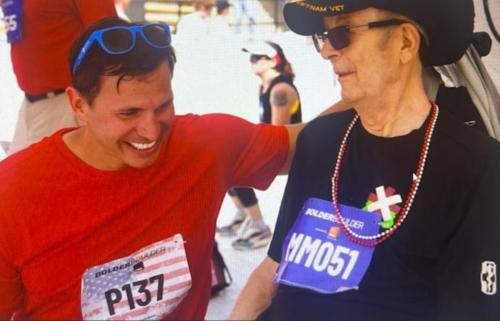Colorado bill aims to stop ‘deceptive tactics’ when interrogating juveniles
PUEBLO, Colo. (KRDO) -- Last week, the Colorado Senate approved SB 22-023, Deceptive Tactics Juvenile Custodian Interrogation, which aims to protect youth from deceptive interrogation tactics.
KRDO reached out to one of the sponsors, Senator Julie Gonzales (D-Denver), who said:
This issue reveals how our broken criminal legal system takes advantage of the most vulnerable, and I’m proud to carry this policy which will end these deceptive practices.
Senator Julie Gonzales (D-Denver)
However, there are many who do not share her sentiments.
“The day of a kid who just made a mistake while that certainly still happens - and I think a majority of our juvenile crime that is what it was just a kid making a mistake but there are other juveniles who have a history of poor decisions that are involved in gang activity, violent crimes that some of these techniques are needed in order to get information out of them regarding the case," said Pueblo Police Chief Chris Noeller.
Chief Noeller told KRDO police need to use certain tactics to draw responses out of some juveniles in custody, referring to them as "hardened criminals."
"It is not like it is just one cop badgering some 14-year-old kid, their parent or legal guardian has to present in that room otherwise we won’t do it,” Chief Noeller explained.
Still, Colorado legislators say juveniles are more likely to give false confessions when the police claim to have evidence of their guilt.
According to the National Registry of Exonerations, in the last 25 years, 38% of youth who were exonerated after being convicted of crimes gave false confessions.
“I think it is dangerous to legislate tactics in what we are allowed to do because every situation is different. Every individual we interview is different," Chief Noeller said. "Every individual is different, and the judge is going to make those decisions has ought to be the one to make that decision.”
The new bill also requires interrogations to be electronically recorded so that judges and juries can watch inside the interrogation room and see for themselves how police obtained confessions — from both the guilty and the innocent.




